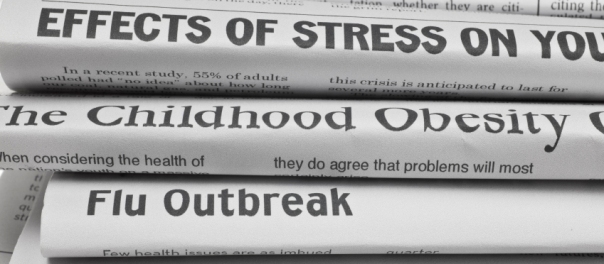Blog Archives
Springing Ahead With Evidence-Based Medicine
As we sprang ahead last weekend, it made for a difficult start Monday morning. Why do we even observe Daylight Saving Time? The premise is to save energy costs during nighttime hours at home. The Uniform Time Act of 1966 provided the framework for alternating between daylight saving and standard time with multiple updates from Congress, the latest in 2007. The energy saving studies were done in the 1970s, but more current evidence is questioning how much savings is really occurring.
This sounds a lot like medicine. We used to think that certain supplements, screening tests and medicines were good. Now we are learning that some of them are not only costly, they may provide minimal to no benefit. Remember prior to this century, hormone replacement therapy was a right of passage into menopause. The 2002 release of the Women’s Health Initiative linked hormone use to increased breast cancer risk and not only changed how we manage menopause but how we prescribe medications.
How do we make the right decisions about our health?
Let’s focus on another recent publication addressing breast cancer — the Canadian National Breast Screening Study. The study involved almost 90,000 women, aged 40-59, followed for 25 years and randomly assigned to screening mammography or not. The outcome measured was deaths from breast cancer. The conclusion was that mammography did not save lives. What…did not save lives? More evidence, however, contradicts this finding showing benefit to mammography. Because of these findings, the United States Preventative Services Task Force (USPSTF) recommends screening mammography for women over 50. However, the American Cancer Society and American College of Obstetrics and Gynecology still recommend beginning mammography at age 40. Which guidelines do we follow? What time is it? Interestingly enough, this study also showed a benefit to physical breast exam which had not been recommended by USPSTF. Annual physical breast exams were equal in measured outcome to mammography. However, mammography still detected more cancers and at an earlier stage.
If you are as confused as you were when you woke up on Monday morning, just remember to review your health history and family story with your physician. He/she can help guide your screening choices. Have an annual physical breast exam and make lifestyle changes such as increasing exercise, limiting alcohol and maintaining a healthy weight to reduce your cancer risks.

